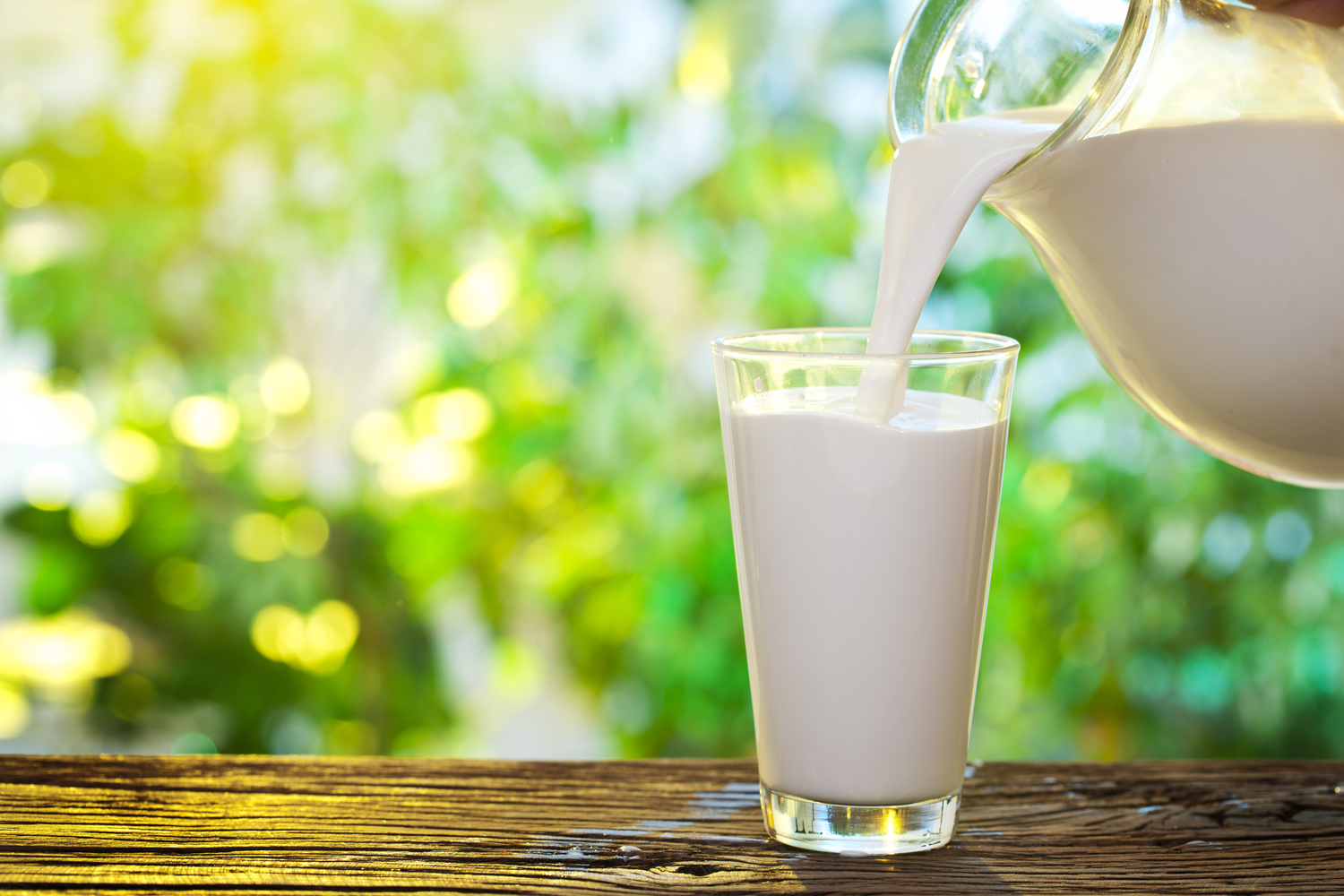
Foods That Cause Breathing Difficulties
Patients with breathing related conditions such as allergies, asthma and COPD, try their best to improve the quality of air that they breath to avoid COPD triggers and asthma triggers. As such, it is common for patients to use devices that help to filter allergens and dust particles in their homes.
However, one of the things many patients may never consider is the food they eat. In fact, scientist suggests that the food we eat can agitate symptoms far worse than any dust particle or pollen can:
1. Milk
Milk and other dairy products such as ice cream and yogurt can worsen breathing symptoms of patients with breathing related illnesses such as asthma and COPD. While it may be true that milk is rich in calcium, it is also rich in casomorphin. Casomorphin has been known to increase mucus production in the intestines. The problem with this is that asthma patients and lung disease patients experience an increase in mucus production when a flare up occurs. As such, consuming dairy products can increase the intensity of flare ups.
2. Salt
Sodium is an essential nutrient that the body needs in very, very small quantities. But, a heavy sodium diet can be a problem. Besides raising blood pressure levels, salt can make the body retain more water. Excess water in the body can lead to breathing issues. As such, most experts recommend that COPD and asthma patients utilize a salt substitute instead, such as spices and herbs that enhance flavor.
3. Sugar
According to a recently completed research study that was conducted by the University Of Manchester, restriction of sugar could help to treat a range of respiratory diseases. In a study that was conducted on the mice’s ability to use glucose to help them when it comes to lung inflammation or immune system, the researchers were surprised at what they saw. Their study suggests that by blocking sugar receptors within the lung, the mice experienced less inflammation in their lungs. What this essentially means is that people with breathing problems can improve their conditions by using less sugar.
4. Cruciferous vegetables
Cruciferous vegetables provide a wealth of health benefits. So much so that doctors recommend that we include them in our diets. Prime examples of cruciferous vegetables include: brussel sprouts, cabbage and collard greens. The problem with cruciferous vegetables is that they are high in fiber. This extra fiber can cause patients with asthma and COPD to experience bloating. Bloating can cause patients to experience difficulty when it comes to breathing. Therefore, individuals with breathing problems should limit their intake of cruciferous vegetables such as cabbage.
5. Additives and preservatives
The problems with preservatives is that while some can have intense asthma and COPD related symptoms, some of them can actually cause breathing related issues on their own such as shortness of breath. In fact, the effects of preservatives and additives are especially impactful on children. Research suggests that the consumption of food preservatives and additives can lead to hyperactive behavior which in itself can trigger asthma and COPD attacks.



